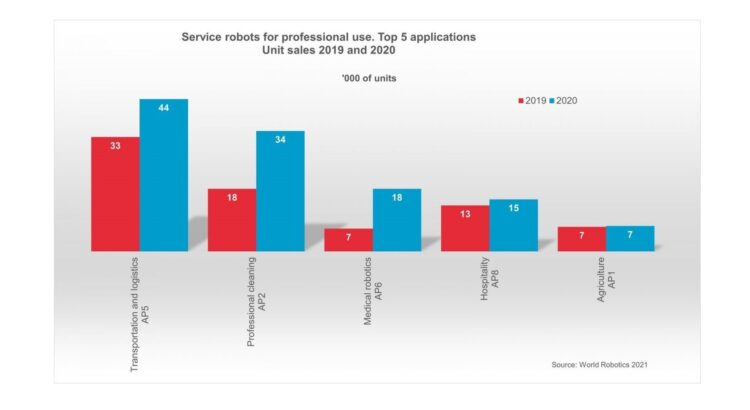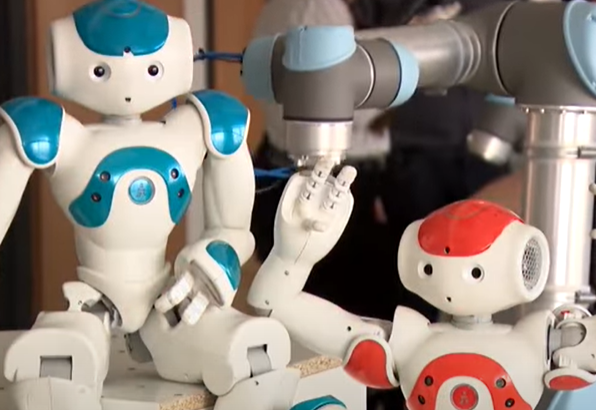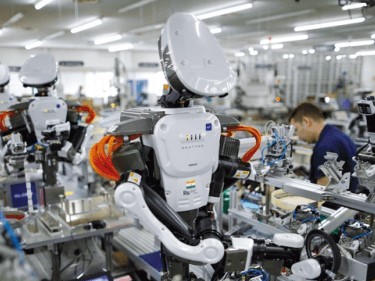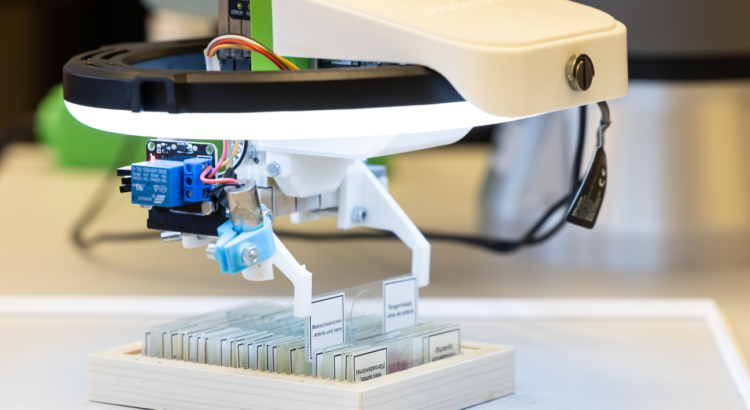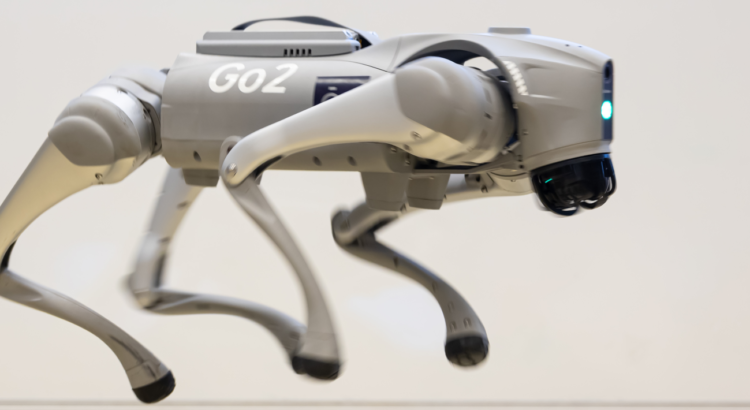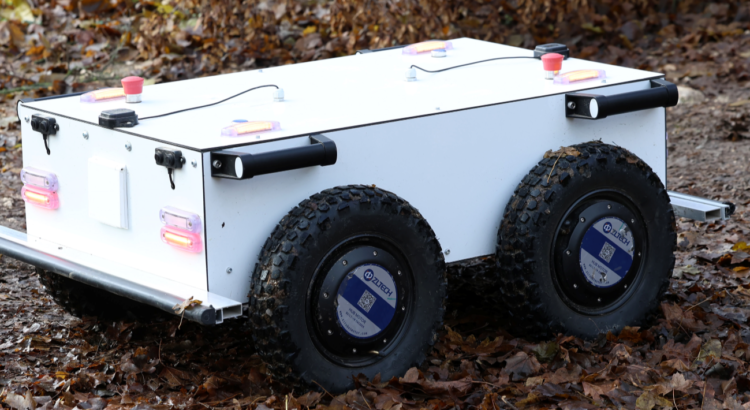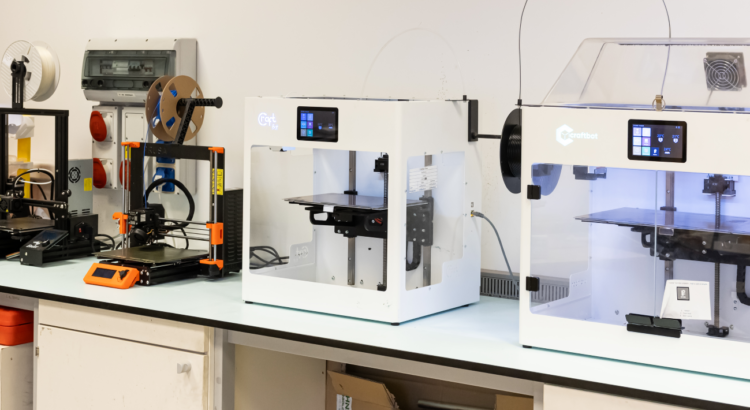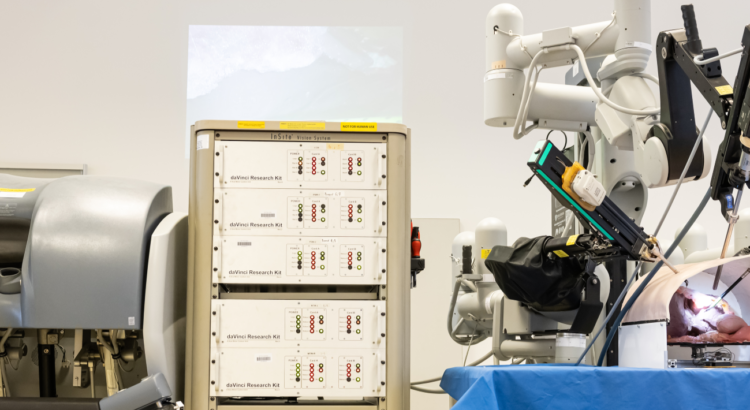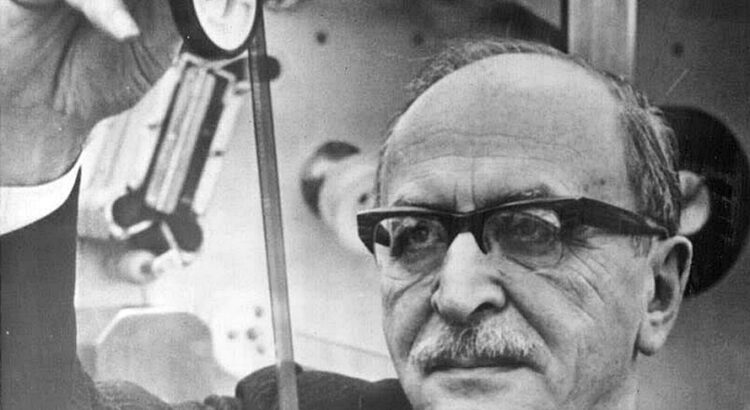The worldwide market for professional service robots has reached $6.7 billion, representing a 12% growth rate by 2020. Sales of consumer service robots have also increased by 16%, bringing the turnover in this area to $4.4 billion, according to the International Federation of Robotics (IFR) annual report.
The top five application trends for professional service robots were influenced by the extra demand caused by the global pandemic:
- sales of autonomous mobile robots (AMR) and delivery robots grew by 11% to more than $1 billion. The majority of devices sold are used in indoor environments, production and warehouses. The trend is towards flexible solutions, so that AMRs can work in mixed environments, e.g. with forklifts, other mobile robots or humans. There is also a strong market potential for delivery robots in outdoor environments with public transport, e.g. in the final stages of home delivery. However, regulations in most countries do not yet allow for the widespread use of such robots.
- Demand for professional cleaning robots has increased by 92%. In response to increased hygiene requirements due to pandemic Covid-19, more than 50 operators have developed disinfecting robots that spray disinfectant liquid or operate using ultraviolet light. Often existing mobile robots have been converted into disinfection robots. Hospitals and other public places represent a major potential for disinfection robots. Sales of professional floor cleaning robots are expected to grow at an average annual double-digit rate between 2021 and 2024.
- Medical robotics accounted for 55% of total professional service robot sales in 2020, mainly for robotic surgical devices. Sales grew by 11% to reach $3.6 billion. The huge increase in the number of robots used for rehabilitation and non-invasive therapy makes this application the largest medical application in terms of unit sales. About 75% of medical robot suppliers are companies based in North America and Europe.
- The global pandemic has created additional demand for social robots that help, for example, nursing home residents to stay in touch with friends and family during times of social isolation.
- Catering robots are also growing in popularity, generating $249 million in sales and are forecast to continue to grow. Demand for robots for food and beverage preparation has grown tremendously – with sales almost tripling to $32 million. The Covid-19 pandemic has raised awareness of the need to avoid contact with food.
The full article in English and German is available here.
